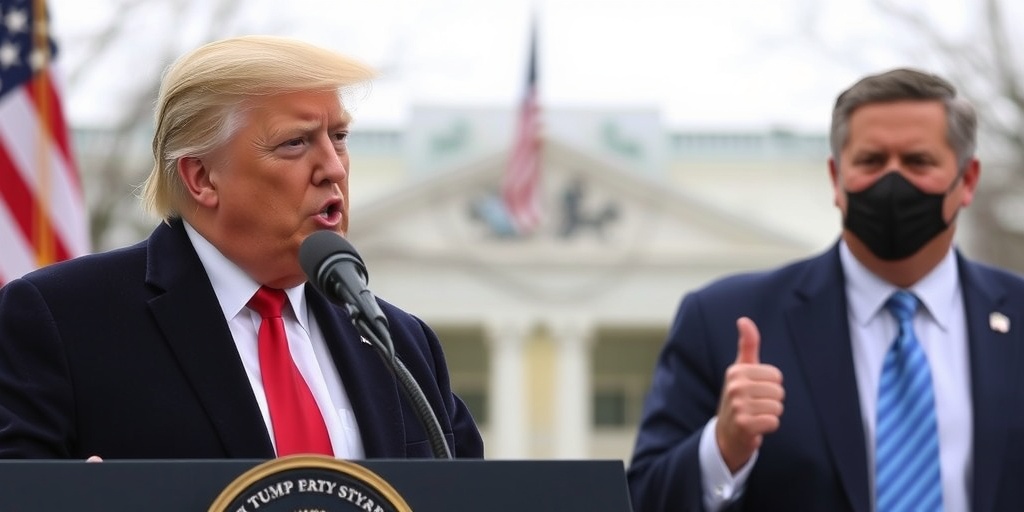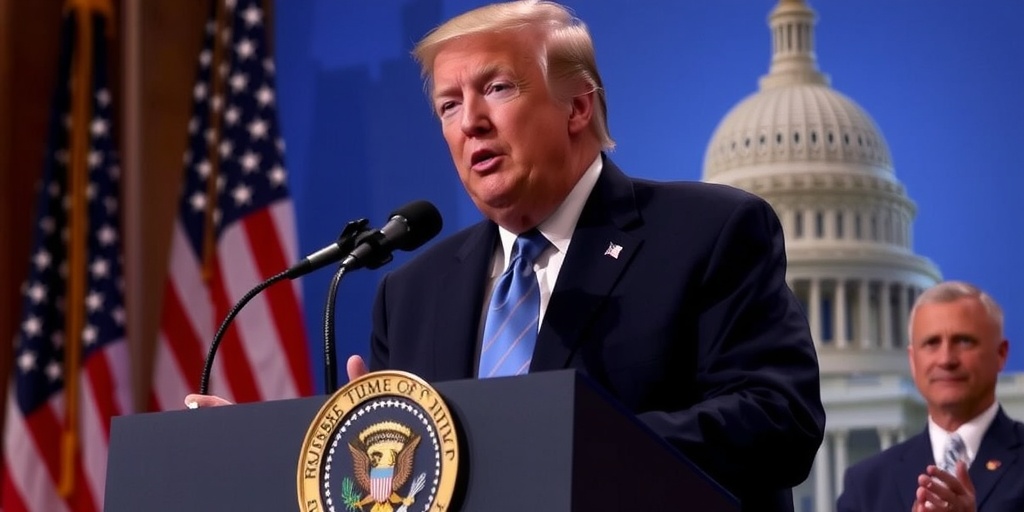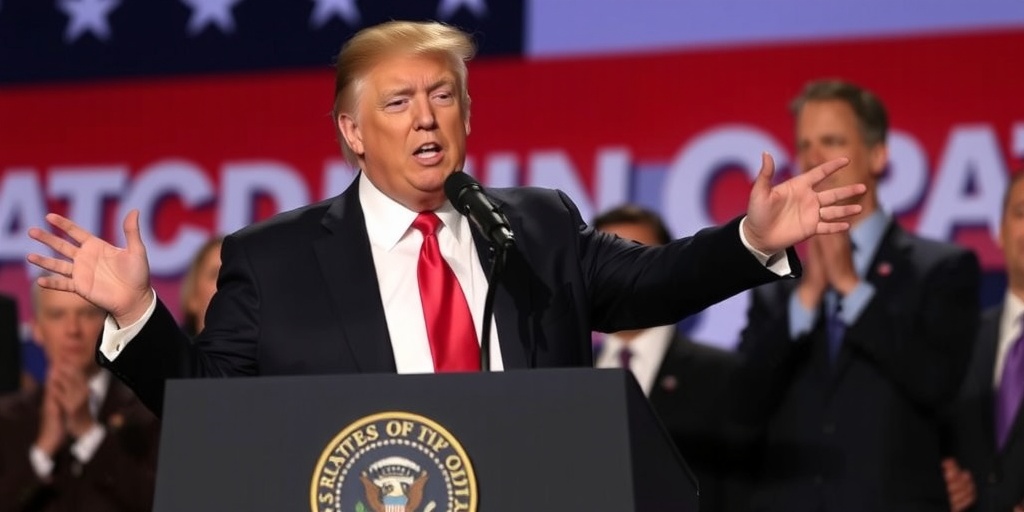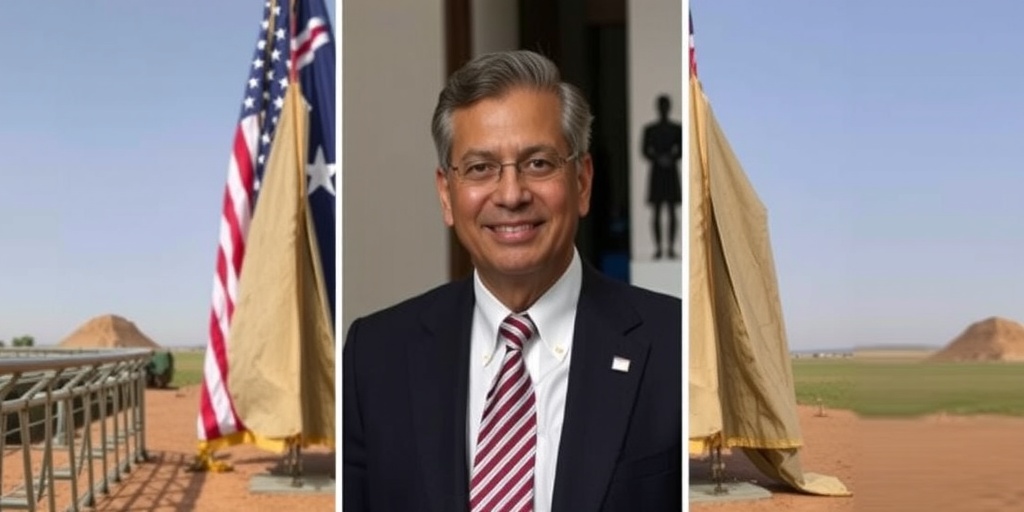Now Reading: Hegseth Dismisses Military’s Top JAG Lawyers to Uphold ‘Warrior Ethos’
-
01
Hegseth Dismisses Military’s Top JAG Lawyers to Uphold ‘Warrior Ethos’
Hegseth Dismisses Military’s Top JAG Lawyers to Uphold ‘Warrior Ethos’
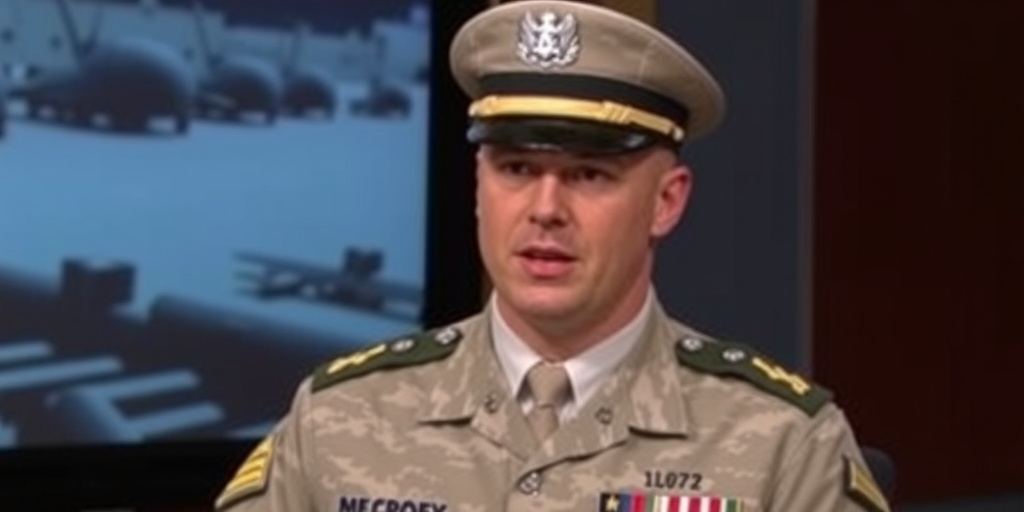
Hegseth’s Dismissal of Military Lawyers Sparks Controversy in Pentagon
In a striking move that underscores his vision for the U.S. military, Defense Secretary Pete Hegseth has dismissed the top lawyers of the Army, Navy, and Air Force, marking the beginning of an initiative aimed at reshaping armed forces into a more aggressive and potentially less restrained unit on the battlefield. This decision has reverberated throughout the Pentagon and ignited debate about the future conduct of U.S. military operations.
During his recent visit to Europe, Hegseth emphasized the necessity of revitalizing a "warrior ethos" within the military, which he claims has softened under the weight of social justice concerns and bureaucratic inertia over the past two decades. By replacing the military’s judge advocate generals (JAGs)—who typically hold the rank of three-star officer—Hegseth is sending a clear signal about his intentions to instill a new ethos that prioritizes combat readiness and decisiveness over legal constraints.
The dismissed JAGs—Lt. Gen. Joseph B. Berger III, Vice Adm. Christopher C. French, and Rear Adm. Lia M. Reynolds—were not mentioned by name in the official statement from the Pentagon announcing their removal. Senior military officials noted that Hegseth had not communicated with any of these legal advisors since taking office. Alarmingly, the three were taken by surprise, with an insider noting that they received “zero heads up” regarding their dismissals.
The sudden firings have raised concerns among experts and military professionals. Rosa Brooks, a Georgetown Law professor, remarked that the dismissals could be indicative of a broader strategy to bypass legal oversight, stating, "In some ways that’s even more chilling than firing the four stars." Brooks suggests that eliminating legal advisors might signal intentions to act outside established legal frameworks during military operations.
While the specifics behind the dismissals remain unclear, they appear emblematic of Hegseth’s criticism of the military’s challenges in achieving success in Iraq and Afghanistan. In his book, “The War on Warriors,” published last year, Hegseth has criticized military lawyers for supposedly imposing overly restrictive rules of engagement that he argues have hindered frontline forces. He refers to these legal professionals derogatorily as "jagoffs," which led to pointed questioning during his Senate confirmation hearings regarding his capacity to effectively lead an institution he appears to disparage.
Hegseth’s perspective is framed within his experiences in combat, where he believes that the constraints typically placed on military actions have allowed adversaries to exploit weaknesses in the U.S. military approach. He argues that overly cautious engagement rules have permitted enemies to gain advantages on the battlefield.
Contrary to Hegseth’s assertions, however, many senior military officials contend that the guidelines regarding engagement were formulated with careful consideration to protect civilians and maintain moral standards, which are crucial for long-term strategic outcomes. For instance, influential commanders like Gen. David Petraeus understood that civilian casualties could provoke hostility among local populations and bolster the enemy’s ranks.
The discussions surrounding the concept of a "warrior ethos" are multifaceted, as many military leaders emphasize that true valor encompasses discipline, respect, and adherence to the Uniform Code of Military Justice. Retired Lt. Gen. David Barno expressed concern about the potential dangers of overly aggressive combat policies that disregard the laws of armed conflict, warning that unchecked violence can lead to catastrophic consequences, blurring lines between combat and unlawful acts such as murder.
In confirmation hearings, lawmakers pressed Hegseth to clarify his stance on the Geneva Conventions and whether he believed that U.S. forces should adhere to international laws governing warfare when adversaries do not. His responses were often vague, further fueling speculation about his intentions and the potential for a significant shift in military policy under his leadership.
Additionally, Hegseth has a history of advocating for controversial pardons for military personnel facing war crime accusations, which he views as a necessary support for troops engaged in intense combat. In past instances, he encouraged President Trump to absolve soldiers convicted for actions that raised ethical questions, with the President subsequently granting pardons to several individuals whose cases Hegseth had publicly supported.
Hegseth’s interpretation of justice for troops has been met with stark opposition from senior Army lawyers who believe that such decisions undermine the integrity of military justice. The case of First Lt. Clint Lorance, who was convicted of second-degree murder for ordering the killing of unarmed Afghans, serves as a flashpoint for debate over accountability and the ethical responsibilities of military leadership.
As Hegseth implements changes in military command, the ramifications may extend beyond the immediate impact of firings and reshuffling within the military’s legal framework, potentially leading to a significant paradigm shift in how the U.S. engages in armed conflict moving forward. The consequences of this evolving ethos will not only affect military operations but may also reshape public perception of U.S. military policy and ethics in warfare.
Stay Informed With the Latest & Most Important News
Previous Post
Next Post
-
 01New technology breakthrough has everyone talking right now
01New technology breakthrough has everyone talking right now -
 02Unbelievable life hack everyone needs to try today
02Unbelievable life hack everyone needs to try today -
 03Fascinating discovery found buried deep beneath the ocean
03Fascinating discovery found buried deep beneath the ocean -
 04Man invents genius device that solves everyday problems
04Man invents genius device that solves everyday problems -
 05Shocking discovery that changes what we know forever
05Shocking discovery that changes what we know forever -
 06Internet goes wild over celebrity’s unexpected fashion choice
06Internet goes wild over celebrity’s unexpected fashion choice -
 07Rare animal sighting stuns scientists and wildlife lovers
07Rare animal sighting stuns scientists and wildlife lovers














